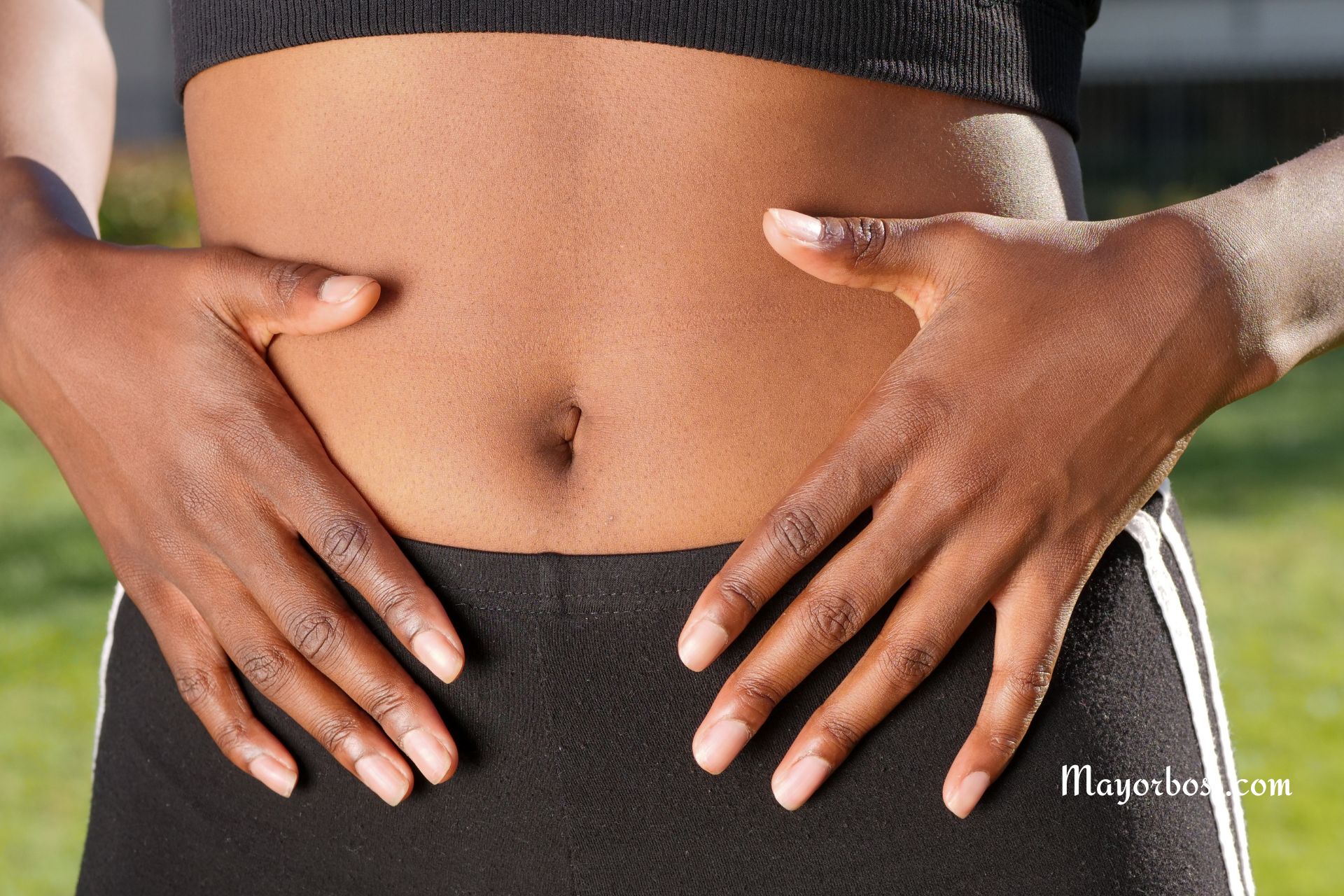Why Does My Belly Button Smell?
Have you ever noticed an unpleasant smell coming from your belly button? It’s a common issue that many people experience, but it’s not widely talked about. In this article, we’ll take a look into the reasons for smelly belly buttons and provide you with practical advice on how to address them.

Common Causes of a Smelly Belly Button
Your belly button can become an unexpected source of odor due to various reasons:
- Bacteria and Fungi Growth: The navel’s shape makes it a perfect spot for bacteria and fungi to thrive, especially if it’s not cleaned regularly. These microorganisms can produce a foul odor.
- Sweat and Dirt Accumulation: Your belly button can collect sweat, dead skin cells, and dirt. This accumulation, if not cleaned, can lead to an unpleasant smell.
- Infections: An infected belly button, whether due to piercing or other causes, can emit a bad odor. Signs of infection include redness, swelling, and discharge.
- Sebaceous Cysts: These are small, non-cancerous lumps under the skin, which can become infected and smelly.
- Diabetes or Obesity: People with diabetes or obesity might experience yeast infections in their belly buttons, leading to odor.
How to Get Rid of Belly Button Odor
To tackle a smelly belly button, consider these steps:
- Regular Cleaning: Gently clean your belly button with soap and water. For deep innies, use a cotton swab.
- Dry Thoroughly: After washing, ensure your navel is completely dry, as moisture can promote bacterial growth.
- Antibacterial Creams: If an infection is suspected, over-the-counter antibacterial creams may help.
- Loose Clothing: Wear loose-fitting clothes to allow your skin to breathe and prevent excessive sweating.
- Check for Underlying Conditions: If you have diabetes or are overweight, managing these conditions can reduce the risk of infections.
- Consult a Doctor: If the smell persists or you notice signs of infection, it’s best to seek medical advice.
Preventing Belly Button Odor
Prevention is always better than cure. Here’s how you can prevent a smelly belly button:
- Maintain Good Hygiene: Regular cleaning is key. Make it a part of your daily hygiene routine.
- Keep it Dry: Always dry your belly button thoroughly after a shower or bath.
- Mind Your Clothing: Opt for breathable fabrics to reduce sweating.
- Manage Health Conditions: If you have a health condition that increases your risk, be extra vigilant with hygiene.
Frequently Asked Questions
Is a smelly belly button a sign of poor hygiene? Not necessarily. While poor hygiene can contribute to the problem, other factors like infections or underlying health conditions can also be responsible.
Can a smelly belly button be a sign of a serious health issue? In most cases, a smelly belly button is not a serious health concern. However, if accompanied by signs of infection or other symptoms, it’s wise to consult a healthcare professional.
Are home remedies effective for a smelly belly button? While home remedies can help with mild cases, it’s important to address the root cause of the odor. Persistent or severe cases should be evaluated by a healthcare professional.
Do not forget that a smelly belly button is a common issue and can usually be resolved with simple hygiene practices. If you’re concerned about the smell or notice any signs of infection, don’t hesitate to consult a healthcare provider.
